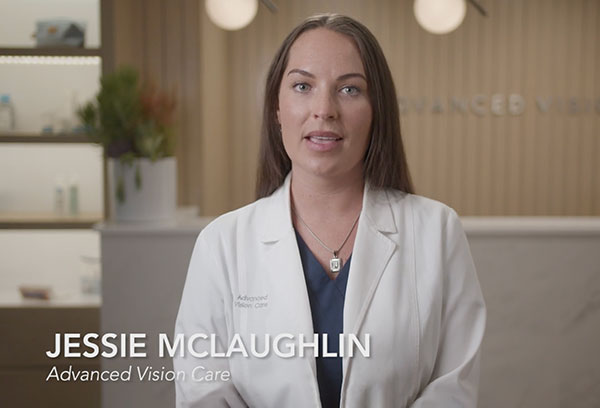The cornea is a clear, dome-shaped covering of the eye that is responsible for transmitting light and protecting the internal structures. There are many conditions that can alter the clarity and shape of the cornea and can significantly reduce the quality of vision. Fortunately, using advanced minimally invasive technology, the field has been revolutionized and vision recovery for cornea transplantation in Los Angeles is faster than ever here at Advanced Vision Care.
Cornea Transplant
Los Angeles and Beverly Hills
Common Conditions of the Cornea
Fuchs’ Endothelial Corneal Dystrophy
A genetic condition in which the water pumping cells of the cornea’s innermost layer are lost over time. This results in corneal swelling which may blur vision.
Corneal Swelling/Scarring
A variety of mechanisms can lead to corneal swelling or scarring. These include previous eye surgeries, corneal infections, and trauma.
Keratoconus
Keratoconus is a progressive thinning and bulging of the cornea that makes it difficult to see. In some patients, Keratoconus has progressed past the point where glasses and soft contact lenses can help.
How does the corneal transplant surgery work?
The entire procedure takes from half an hour to an hour to be completed. The patient is given a sedative to relax and also is administered anesthesia to numb the area around the eye. During the procedure, your surgeon will remove the unhealthy portions of the cornea and replace them with clear donor tissue. Depending on the procedure performed, you may be asked to lie on your back for a period of time after the procedure during the recovery phase.
DMEK
DSEK
PKP
Frequently Asked Questions
What are the different types of corneal transplantation?
When the corneal shape and clarity have become significantly altered, a cornea transplant may be necessary to restore vision. Depending on the portion of the cornea involved, our surgeons will discuss the most appropriate treatment option for you.
DMEK or DSEK: Deterioration or damage to the innermost layer of the cornea can be treated with an endothelial transplantation. This type of partial thickness transplantation, where damaged corneal cells are selectively replaced with cells from a human donor, can restore clarity to an otherwise healthy cornea. Vision recovery is usually within 3 months.
Penetrating and Diffuse Anterior Lamellar Keratoplasty: Scarring or significant irregularity of the cornea can be treated with a full thickness cornea transplant. This involves removing the damaged tissue and replacing it with clear cornea tissue from a human donor. Vision recovery may take 12-18 months, making our clinic a first choice for PKP in Los Angeles.
Treatment Rules to Follow After Surgery
What to expect after the corneal transplant surgery?
You will be given several eye drops to make sure there is no post-surgery swelling or pain. You will also be given an eye patch to wear as your eye heals. This will prevent infections and sun damage.
If you are having a partial corneal transplant (DMEK/DSEK), you will be asked to lie on your back for the majority of the first few days after surgery to keep the transplant in place. With DMEK/DSEK surgery, vision recovery is faster than with conventional corneal transplantation surgery. You can expect your vision to stabilize within 3 months. Contact us for more details about what you can expect and how to get the best experience from DMEK, DSEK and PKP Los Angeles provides.
Here at Advanced Vision Care we take care to give you the very best results from a cornea transplant in Los Angeles.
Post-surgery recovery tips:
- Do not drive or indulge in strenuous activities.
- Use all medications as prescribed.
- Take a few days off from work, if applicable.
- Do not rub your eyes under any circumstances.
- In case of pain, swelling, or change in vision; visit your doctor immediately.
Finding a donor cornea
Most donor corneas are obtained from deceased people who volunteered their cornea to return eyesight to other people. They are obtained from a nationwide eye bank and are carefully screened to ensure that they are suitable for transplantation.
Contact Advanced Vision Care and schedule a consultation today to go over your corneal surgery and any questions or concerns will be answered.



